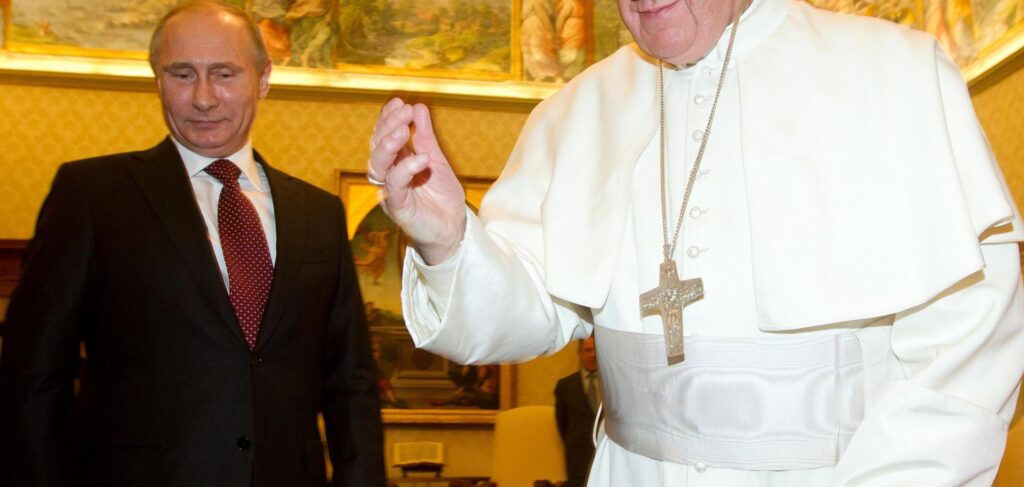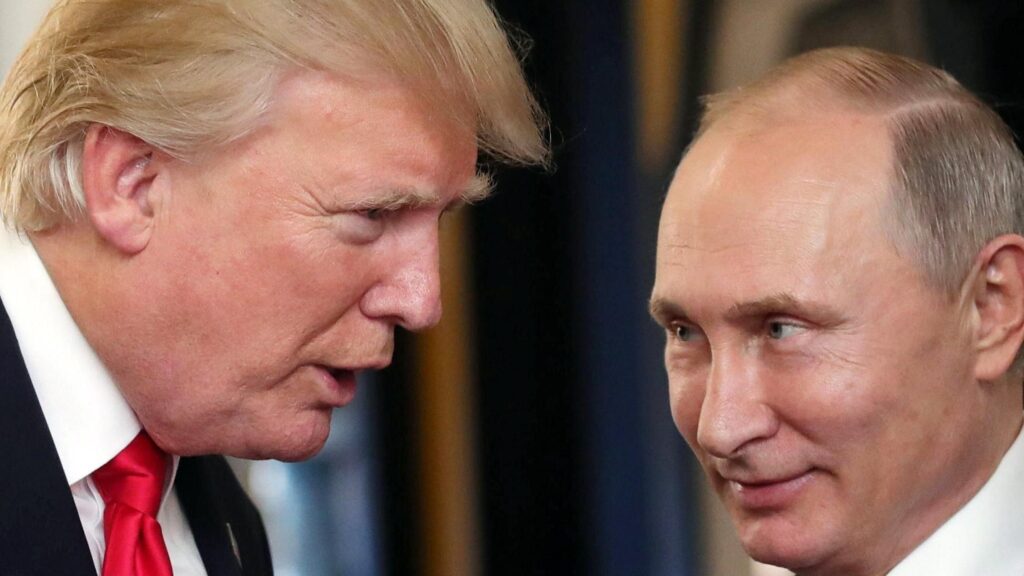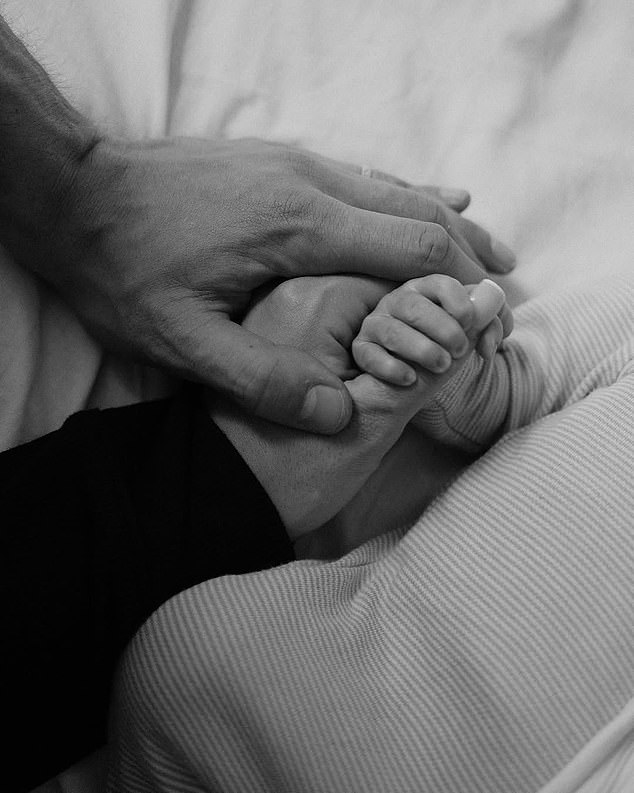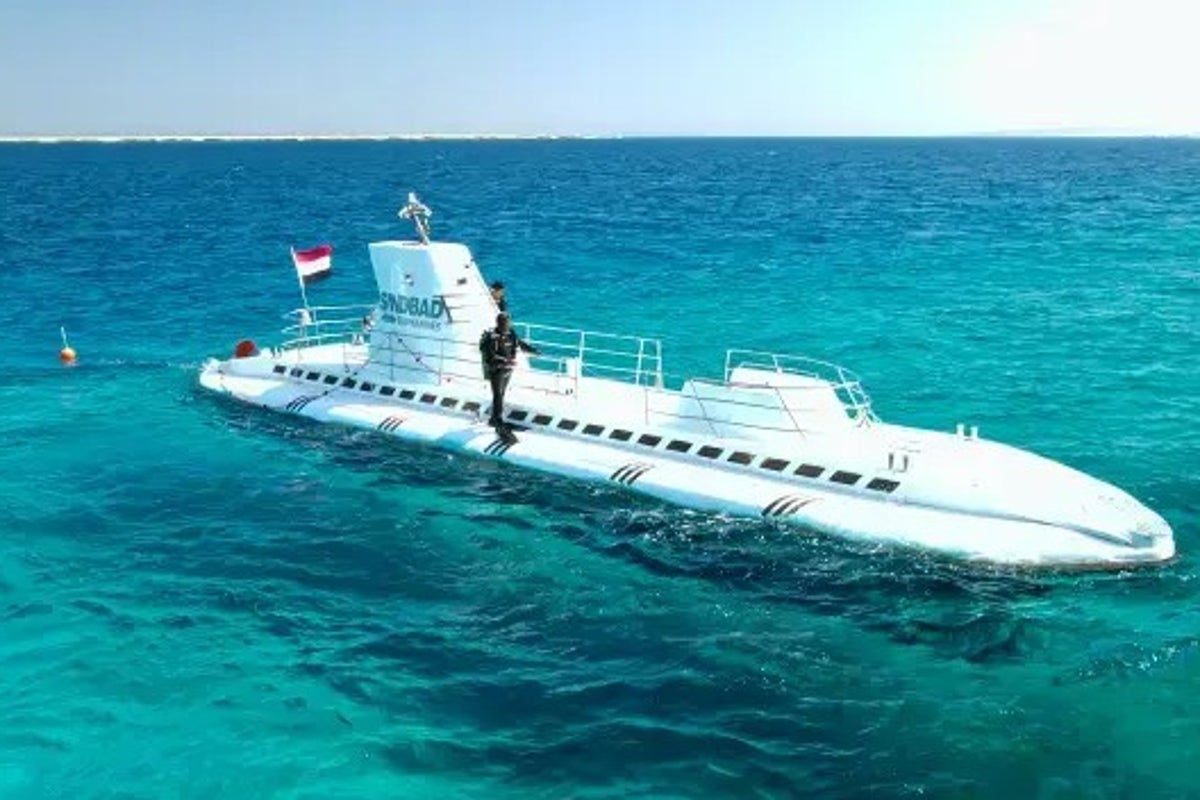Now Reading: Zelensky Drops Bombshell: ‘Putin Will Die Soon’ Amid Health Rumors
-
01
Zelensky Drops Bombshell: ‘Putin Will Die Soon’ Amid Health Rumors
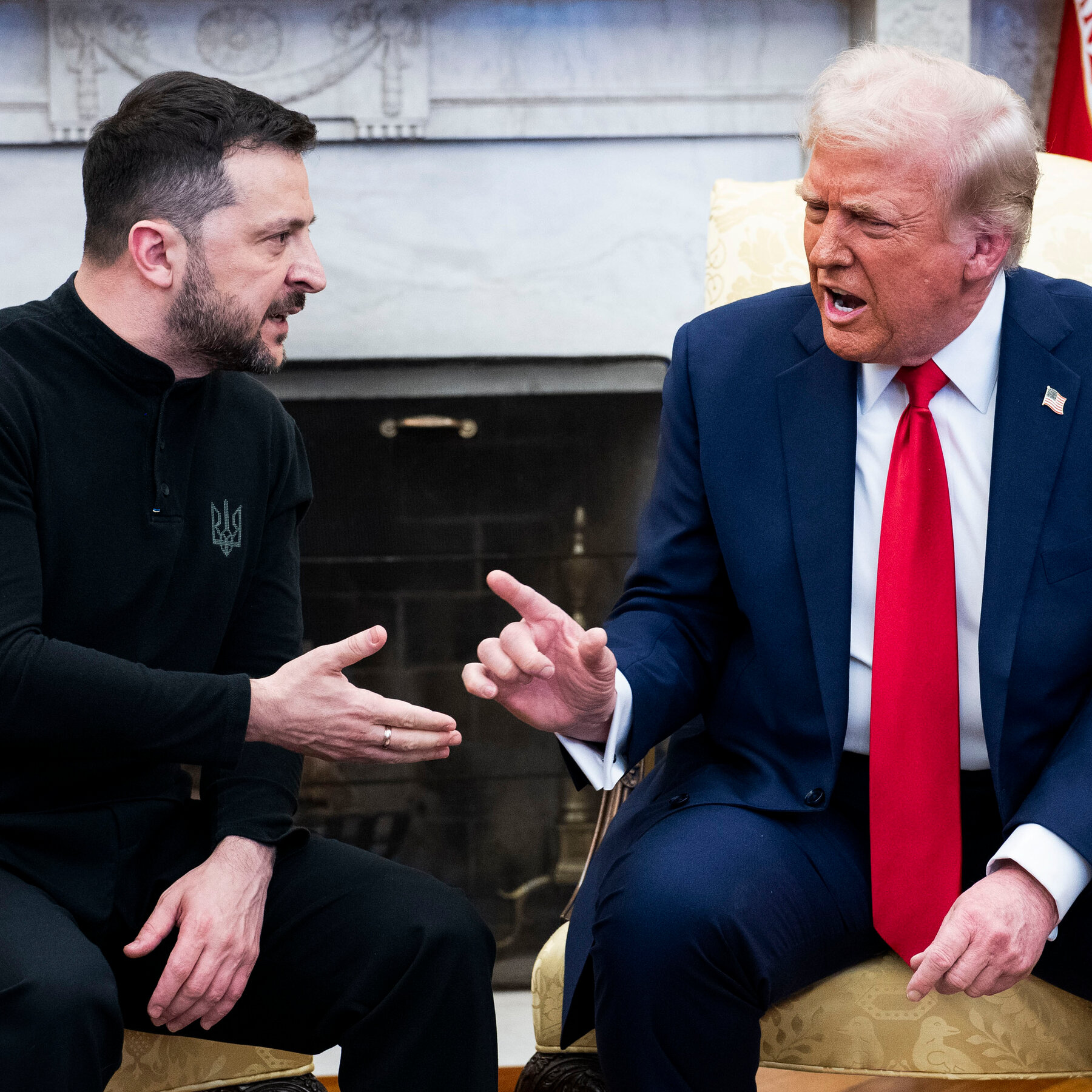
Zelensky Drops Bombshell: ‘Putin Will Die Soon’ Amid Health Rumors
Zelensky’s Shocking Prediction: ‘Putin Will Die Soon’
In a startling moment that has sent shockwaves through international political circles, Ukraine’s President Volodymyr Zelensky has made a bold claim about his Russian counterpart. During a high-profile interview in Paris following talks with French President Emmanuel Macron, Zelensky didn’t mince words about Vladimir Putin’s future.
“He (Putin) will die soon, and that’s a fact, and it will come to an end,” the Ukrainian leader declared with surprising confidence. The statement has intensified existing speculation about the 72-year-old Russian president’s health, which has been the subject of widespread rumors for years.

The Mounting Evidence of Putin’s Health Struggles
For close observers of the Kremlin, Putin’s possible health issues have been a source of endless fascination and speculation. Recent public appearances have only fueled these theories, with the Russian leader often displaying what many interpret as physical signs of deterioration.
Putin’s public image has noticeably changed in recent years, with many noting his apparently puffy face, occasional leg tremors, and bloodshot eyes during official appearances. These visual cues have only intensified rumors about what might be happening behind the Kremlin walls.
Perhaps the most infamous incident occurred in 2022, when footage captured Putin slouching awkwardly in his chair while gripping a table for support. During this meeting with then-Defense Minister Sergei Shoigu, the Russian leader appeared to slur his words, setting off a new round of health speculation.
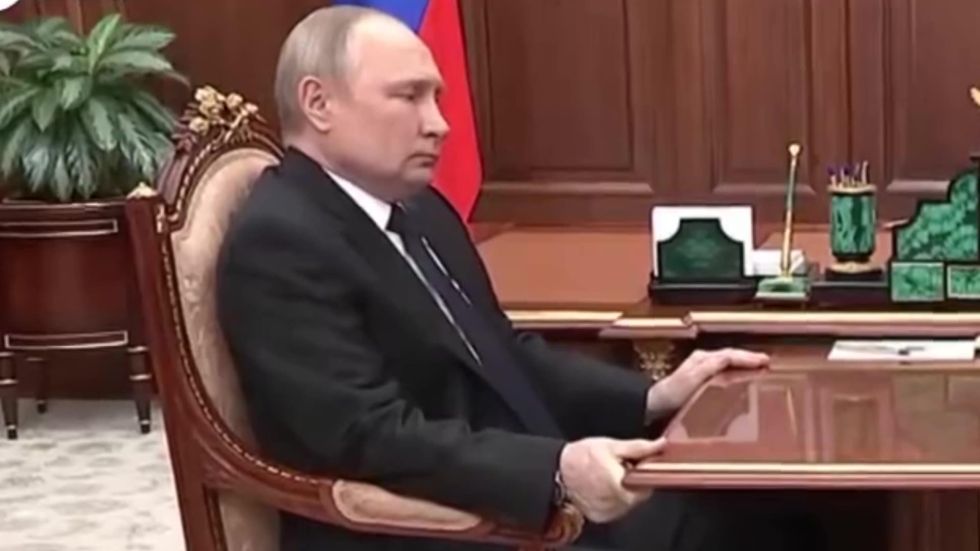
Cancer? Parkinson’s? The Theories Behind Putin’s Condition
Intelligence sources and medical experts have weighed in with various theories over the years. Some reports have suggested Putin might be battling cancer, while others point to symptoms consistent with Parkinson’s Disease.
Observers have noted persistent coughing fits during public addresses and what appear to be involuntary jerky movements of his hands and feet. The Kremlin, predictably, has consistently denied all speculation about Putin’s health, dismissing such reports as baseless rumors.
Whether Zelensky’s bold prediction is based on intelligence information or is simply a strategic statement remains unclear. What is certain is that his words have once again thrust Putin’s physical condition into the international spotlight.

Beyond Health: Zelensky’s Warning About European Unity
In the same Paris interview, the Ukrainian president expanded his criticism beyond personal attacks on Putin. Zelensky warned that Russia is actively working to “hit the European Union from within,” a clear reference to EU members like Hungary that have maintained more Russia-friendly positions.
This accusation highlights the broader geopolitical chess game being played across Europe as the Russia-Ukraine conflict continues into its third year. For Zelensky, maintaining Western unity against Russian aggression remains a crucial priority in his diplomatic efforts.
The timing of these statements is particularly significant as Ukraine continues to press for additional military support from its Western allies in the face of ongoing Russian offensives.
The Political Implications of Putin’s Health
Whether or not Putin is indeed facing serious health challenges, the mere perception of weakness carries profound implications for Russian politics and international relations. In a political system so centralized around one figure, questions about Putin’s mortality inevitably raise concerns about stability and succession.
For now, the Russian propaganda machine continues to project an image of strength and vitality, with Putin regularly appearing in staged demonstrations of physical prowess. Yet the whispers about his health persist, now amplified by the extraordinary directness of Zelensky’s claim.
As this dramatic chapter in East-West relations continues to unfold, one thing remains clear – the personal health and longevity of Vladimir Putin has become more than just a matter of medical interest. It now represents a central question in the geopolitical future of Europe and beyond.

Whether Zelensky’s prediction proves accurate remains to be seen. But his willingness to make such a bold public statement reflects the increasingly personal nature of the conflict between Ukraine and Russia – a conflict that has already reshaped global politics in ways few could have imagined just a few years ago.

